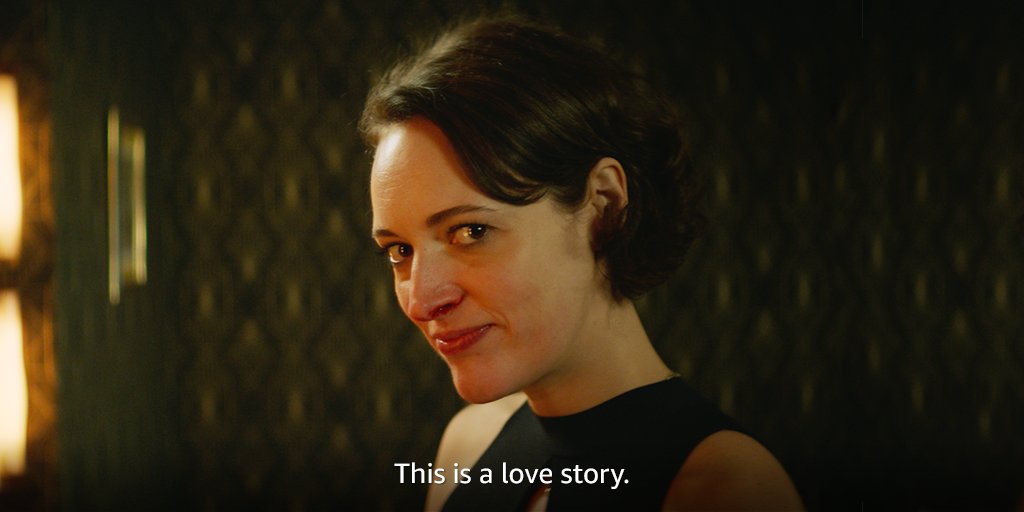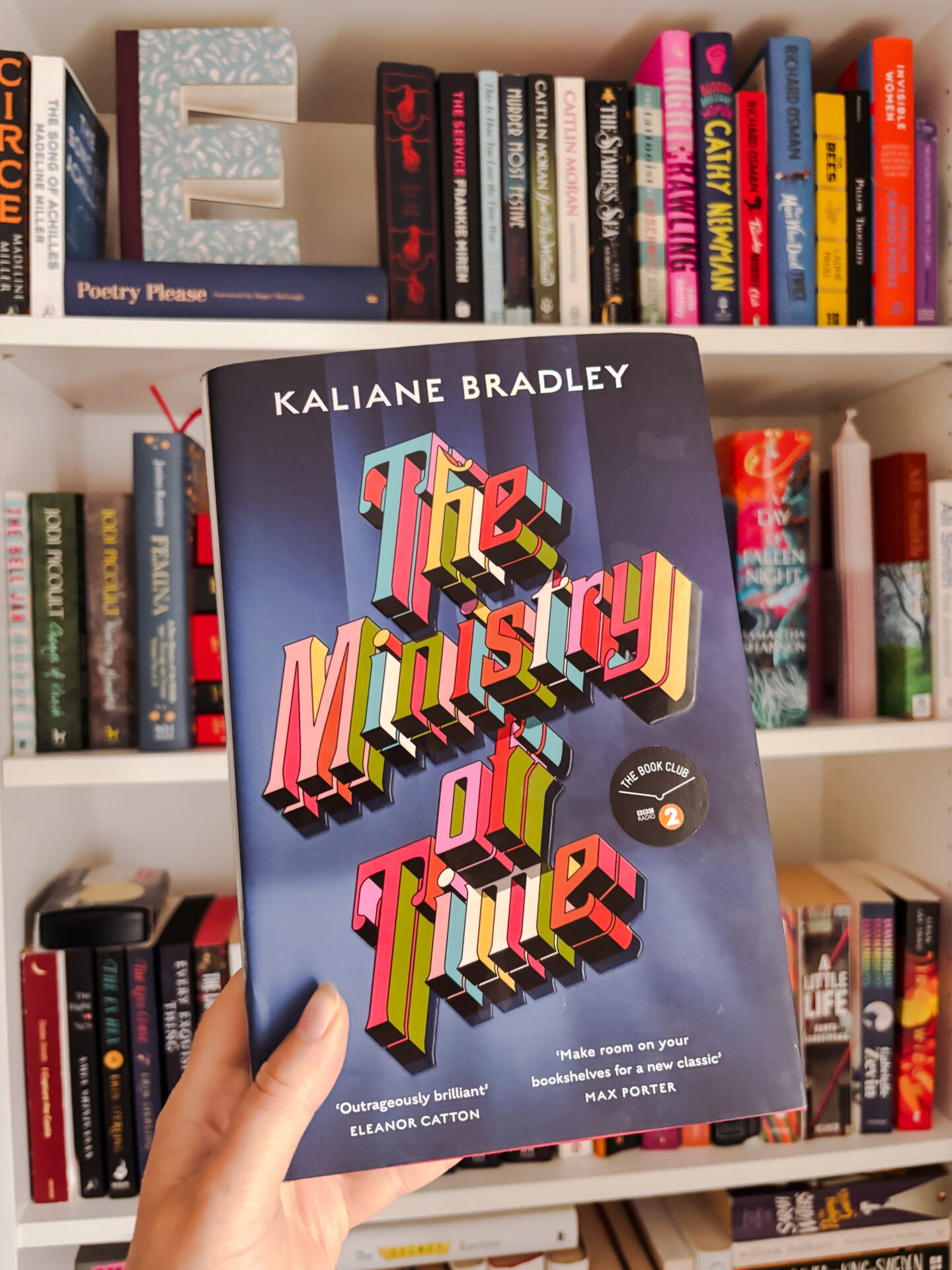
Classicly, you should never judge a book by its cover. How often is this actually adhered to? I’d argue that when it comes to us bookworms, not often. I had seen Haley Pham talk about The Ministry of Time, I had picked it up off the Waterstones featured genre tables multiple times, I had come across it on Goodreads… but when all was said and done, I bought it from Stanfords in Bristol because the cover was so bloody cool.
That’s not to say that the premise – which I let sink in once I’d turned the book over multiple times in my hands and squealed at the foiling on the hardback – isn’t captivating. The Ministry of Time (TMOT) is set in a 21st-century where the tech for time travel exists. The Ministry of Expatriation (the time section of the government) have taken 5 ‘expats’ out of their era, just moments before their death, and transplanted them into the present day. Each expat is assigned a ‘bridge’, a person who shares their lives, home and knowledge with the expats to help them acclimatise to our time. Explaining the intricacies of dating apps, Instagram, the electrical slide and The Beatles are amongst the more amusing elements of modern-day culture that the expats learn about. World Wars, Auschwitz, the Cambodian genocide and 9/11 are among the moments In history that remind us that from the 17th century to the 21st, not all that much has changed. Human nature has largely stayed the same and this will likely bring about our demise.
There’s something vengeful about agreeing on an interpretation. Set your narrative and in a tiny way, you have pried your death out of time, as long as the narrative is recalled by someone else. I certainly understood better why people became writers, and why jealous lover sforce so many false confessions, and why the British history curriculum looks the way that it does.
Is The Ministry of Time a lovestory?
Yes, the heart of this book is a love story. The bridge (who remains nameless) falls in love with the 19th-century Naval Commander, Graham Gore. He was last seen trudging across the ice during the ill-fated John Frankin arctic expedition in 1848 — this is a real person btw, although it’s more likely that he died on the ice rather than was transported through time, eventually finding himself riding a motorbike around Hampstead Heath.
The book is written from Gore’s bridge’s perspective. Her tone of voice throughout the book really captured me. It is evident that she is relaying the story back to an unknown reader, and it’s a story that has been picked over time and time again. You know when something happens as you’re walking home and you start thinking over the chain of events and how you’ll relay the story to your housemate/partner/ family member when you get home? The bridge’s tone felt like this: Rehearsed, in control, observational. This observation, as we are often reminded, is part of her job. This has to notice everything that Gore does and report each action back to the government. However, those elements she’s noticing – his forearms, his chest hair, any moment where he touches her, aren’t imparted in that well-rehearsed manner. There’s an emotional charge. There’s a tingle in the air. Before the bridge even realises herself that she’s fallen for Gore, the reader knows because of that subtle shift in tone. *chef’s kiss*

So, what about the sci-fi?
I wouldn’t call myself a massive sci-fi fan. I’ve read This Is How You Lose The Time War and got through The Hitchhiker’s Guide to the Galaxy, but that’s about where my knowledge ends. As with all stories that have overlapping timelines, things can get a little confusing near the end. In fact, after finishing this book I had to lay with my arm over my eyes and re-think the last 20 or so pages to make sure I understood each character’s intentions and what actually ✨happened✨. However, this is more of an intricacy on how my brain works, rather than Bradley’s writing. There’s no literary loftiness in her writing style or straight-up sci-fi crazy in the storyline. You know where you stand (pretty much) all of the time. Of course, there are gun blasters and portals, but those don’t feel thrown in your face. Alongside talk of microchipping refugees, inferno heatwaves and a government at war with itself, what’s a little suspension of disbelief that we can travel through time, cross timelines and implode spontaneously? Pretty easy I’d say.
One of the hypotheses coagulating in these early days of time-travel was that language informed experience – that we did not simply describe, but create our world through language, like Adam in the Garden of Eden calling a spade a spade or whatever happens at the beginning of Genesis. At its heart, the theory promised that the raw stuff of the universe could be carved into a clausal household, populated by an extended family of concepts.
Shared experiences
It makes sense that for a female reader, reading a book from a female perspective and written by a female, any discourse around gender would both stick out and stick with me. One of the expats is Maggie, a lesbian from the 17th century and any moments between her and bridge stayed with me. I really like that Maggie is from the earliest century and the bridge is from the latest century and yet there is so much shared experience between the two. #girlhood.
When she was alone with me she pitched her voice slightly lower than she did around the men. Even for her, girlishness was a habit that was hard to break – for safety, for camouflage. I knew that. Sometimes, just under my tongue, I felt the exclamation marks I put into my speech, demarcating the sentences I didn’t find being broken off from my agency, as long as I was assured I would be protected form the outcome.
There’s this idea that hundreds of years apart, both women understand the need to put on a baby voice around men in order to make themselves more ‘feminine’ and potentially, more alluring, likeable and loveable. And alongside this, the bridge knows that in changing her voice she is distancing herself from her own autonomy, to fit herself into the mould she thinks men will like. Hopefully, in giving the men this part of her, another won’t be taken. And Maggie, born hundreds of years earlier, knows to make the same deal and tread the same cautious line.

Suffice to say, I wholly enjoyed The Ministry of Time. It’s a novel that is now firmly on my bookshelf and that I expect I will re-read within the next 10 years. I solid 4.75 stars for me – only dropping .25 of a star because Bradley’s sentences are some of the longest I have ever come across. She can use a semi-colon, and she will baby!!!
